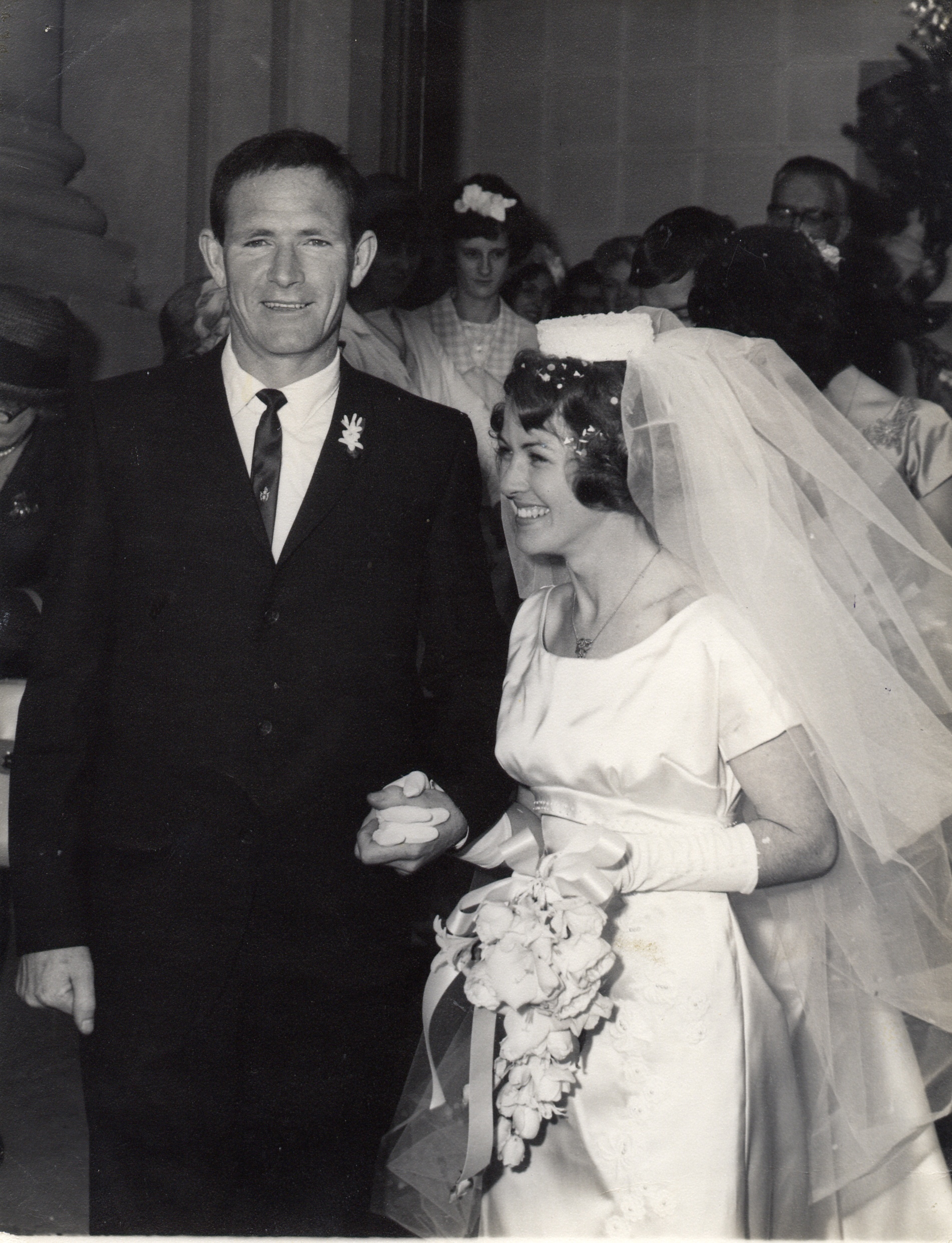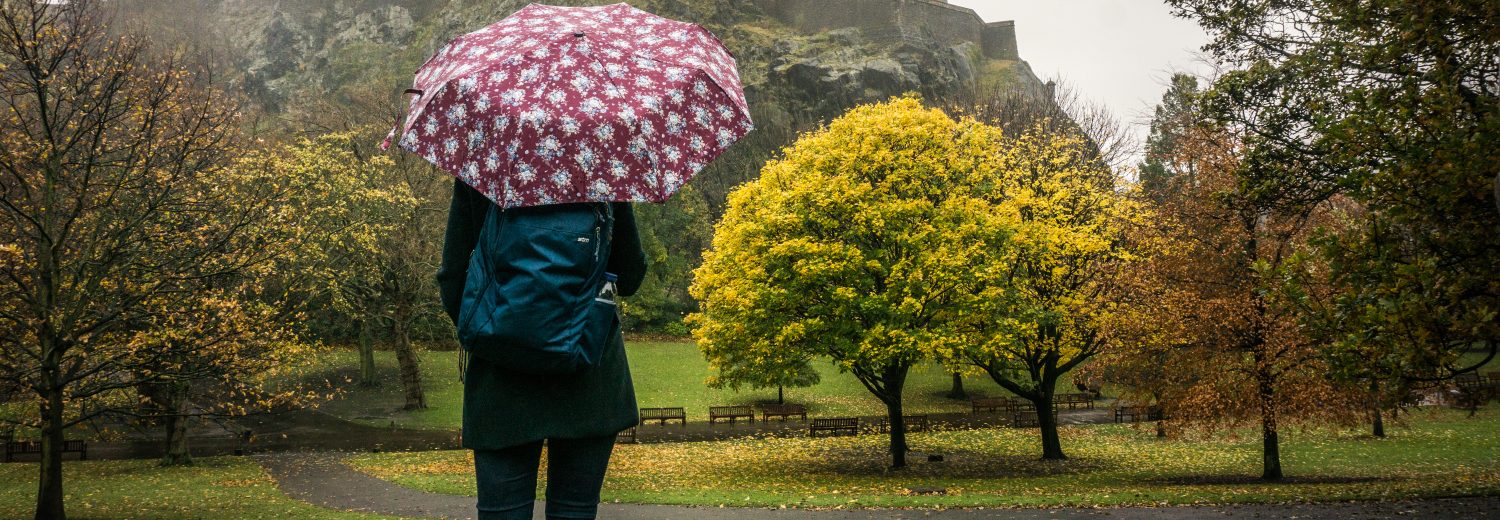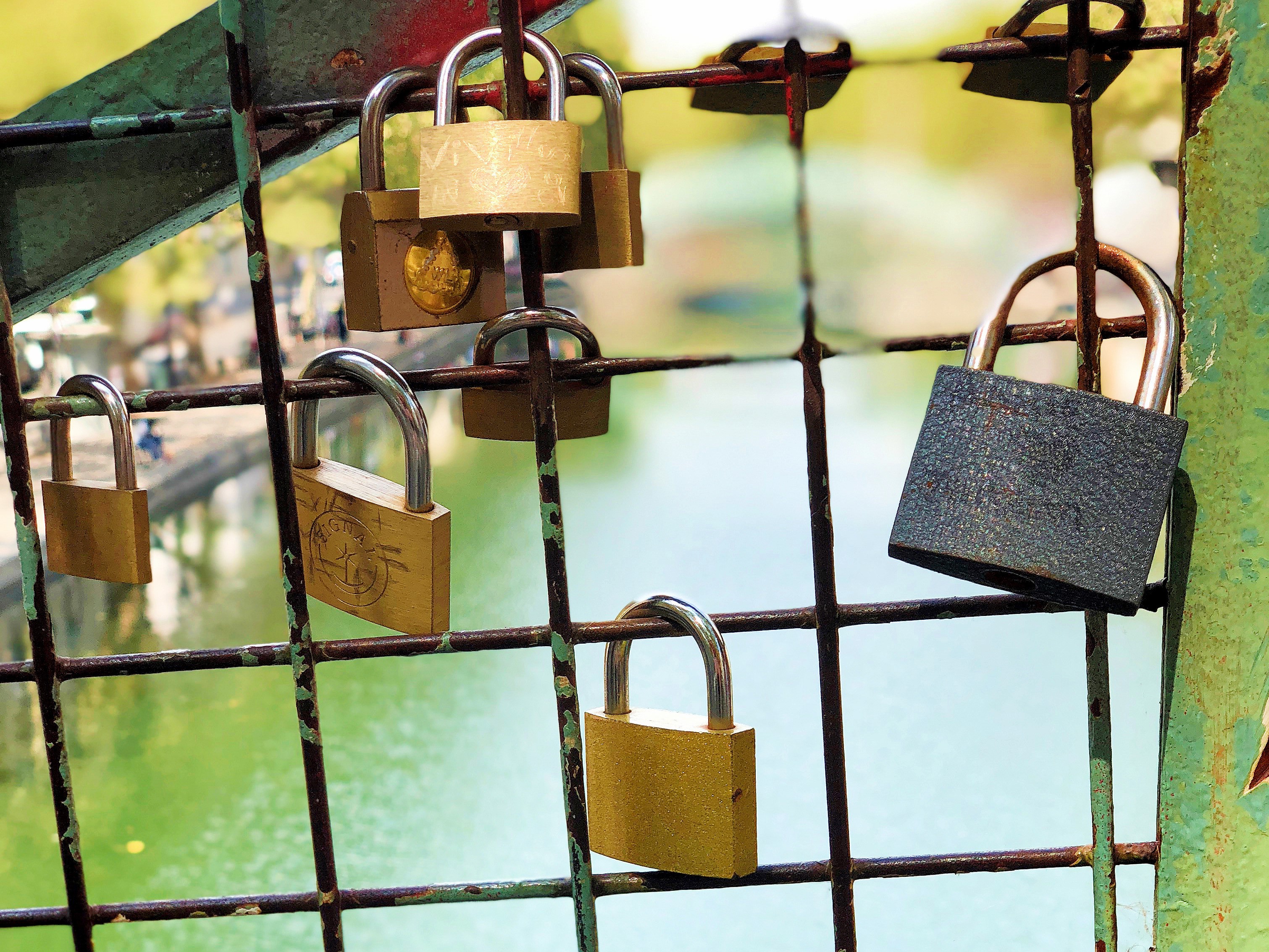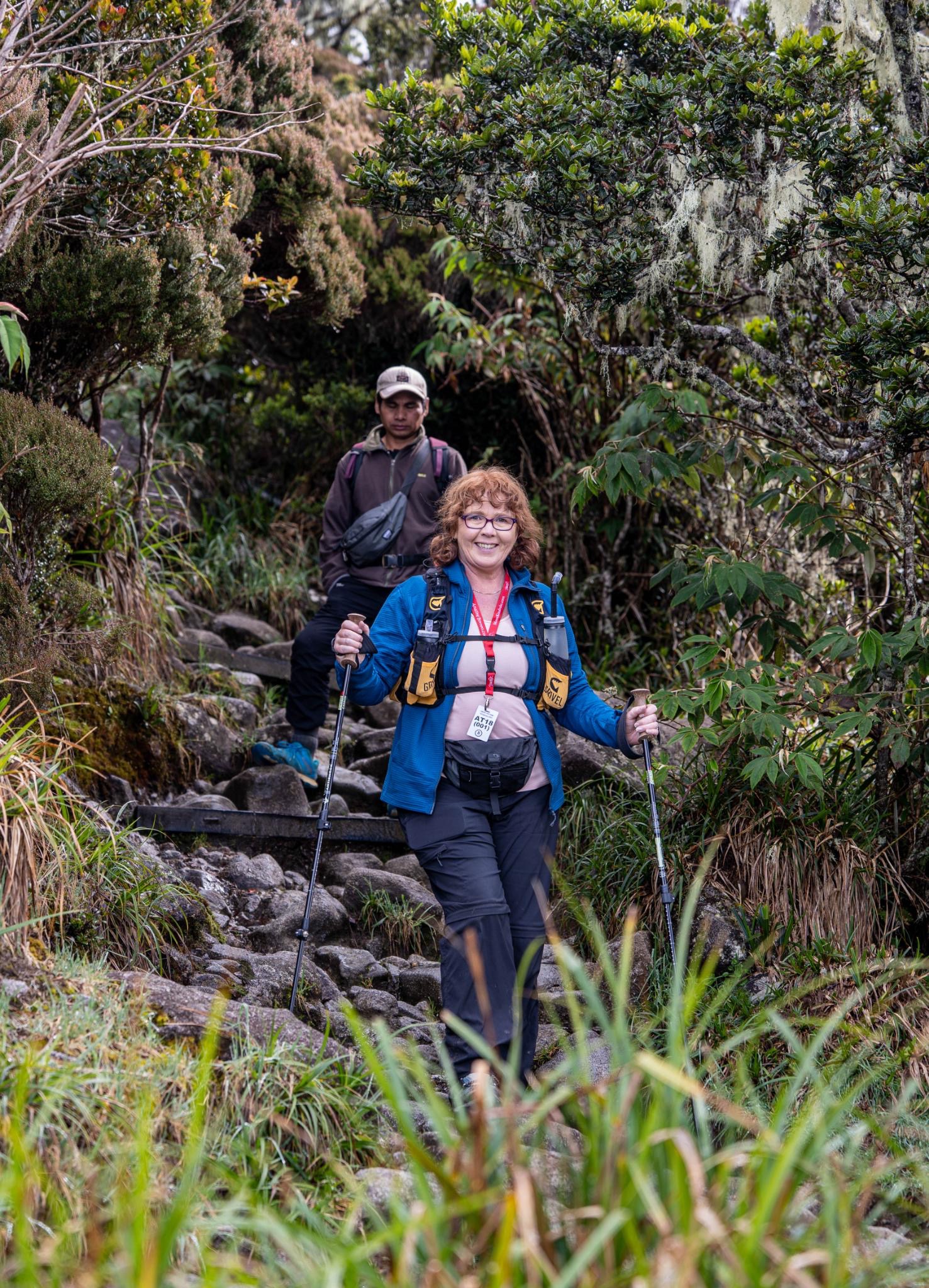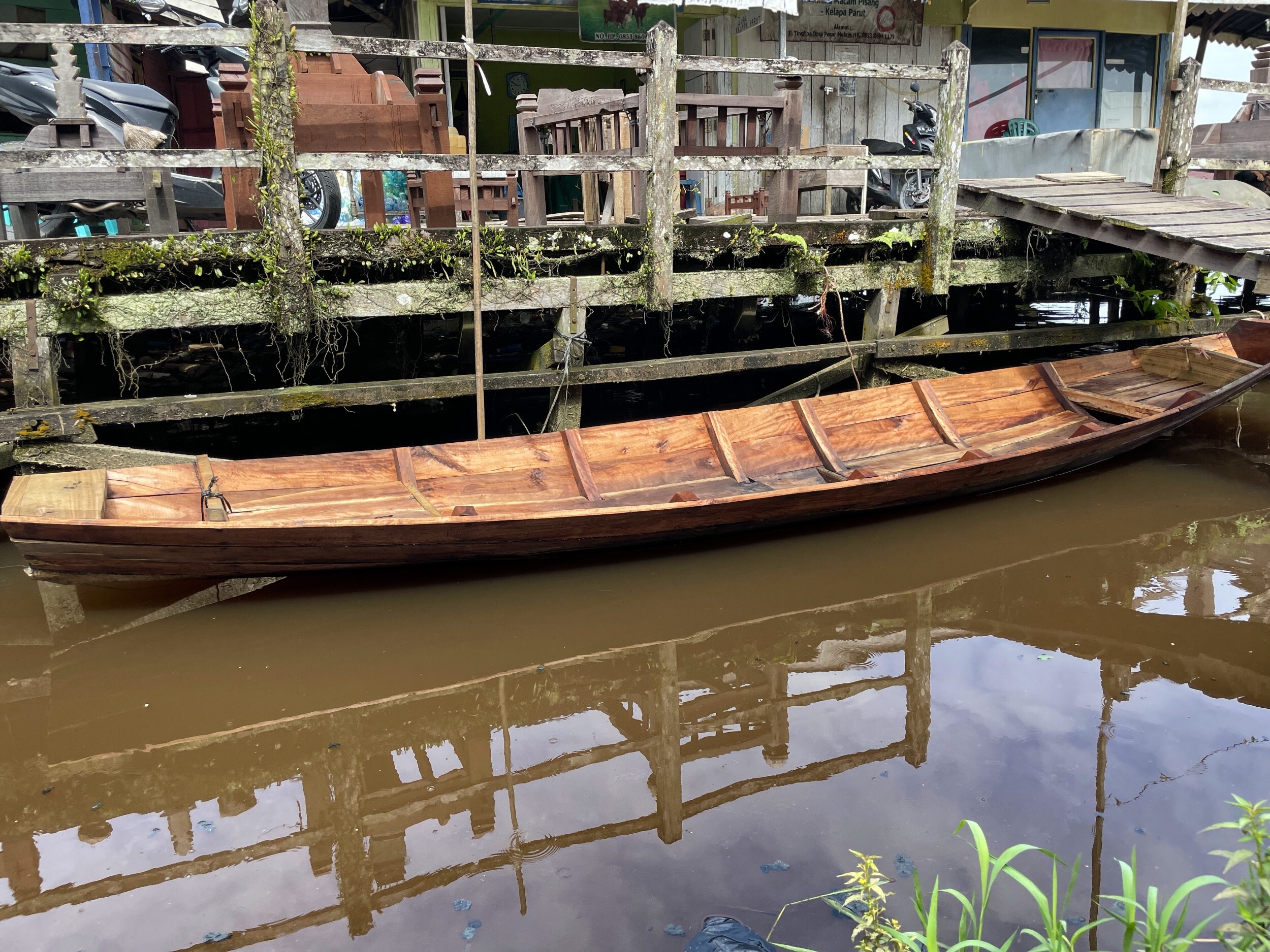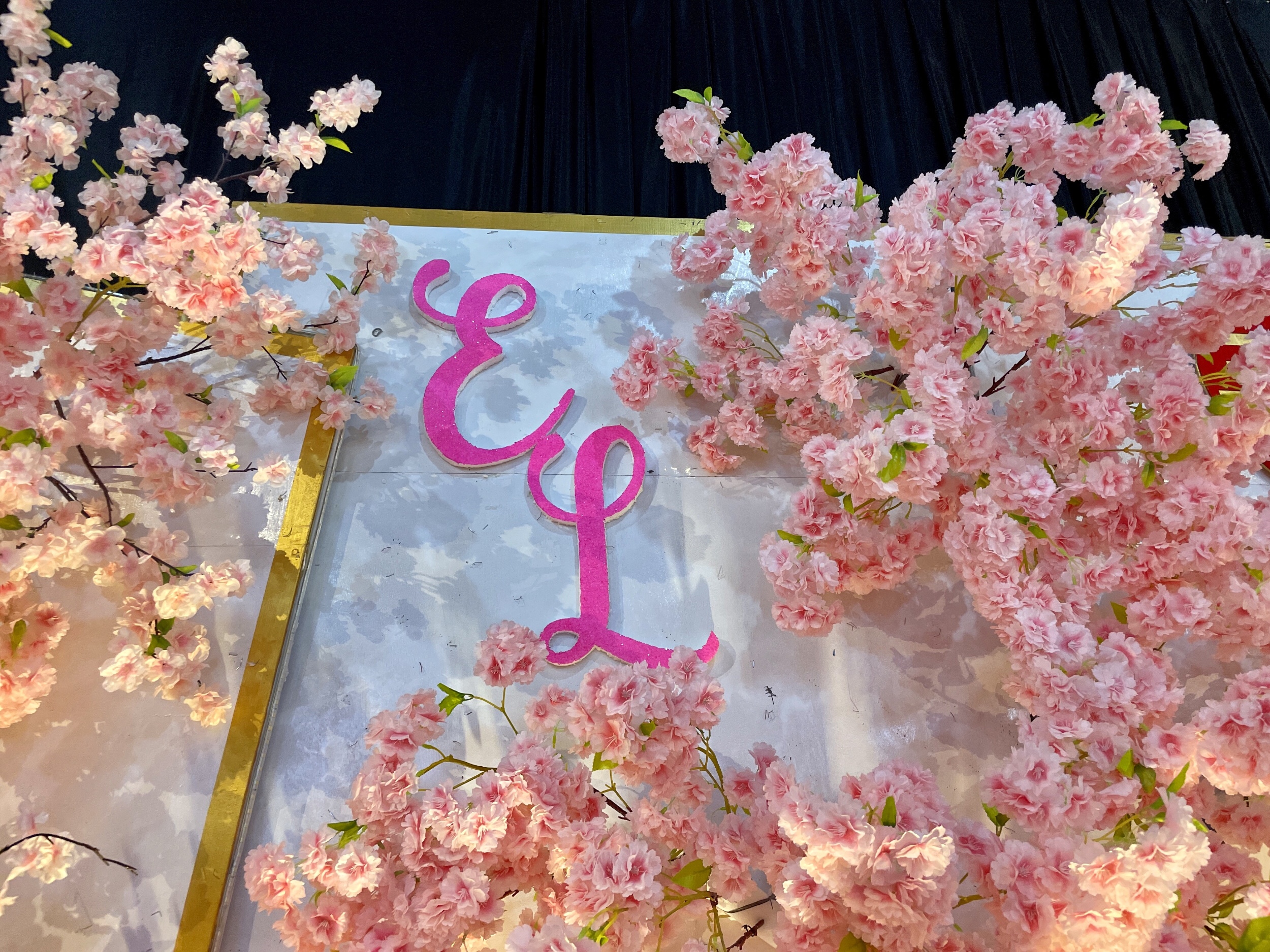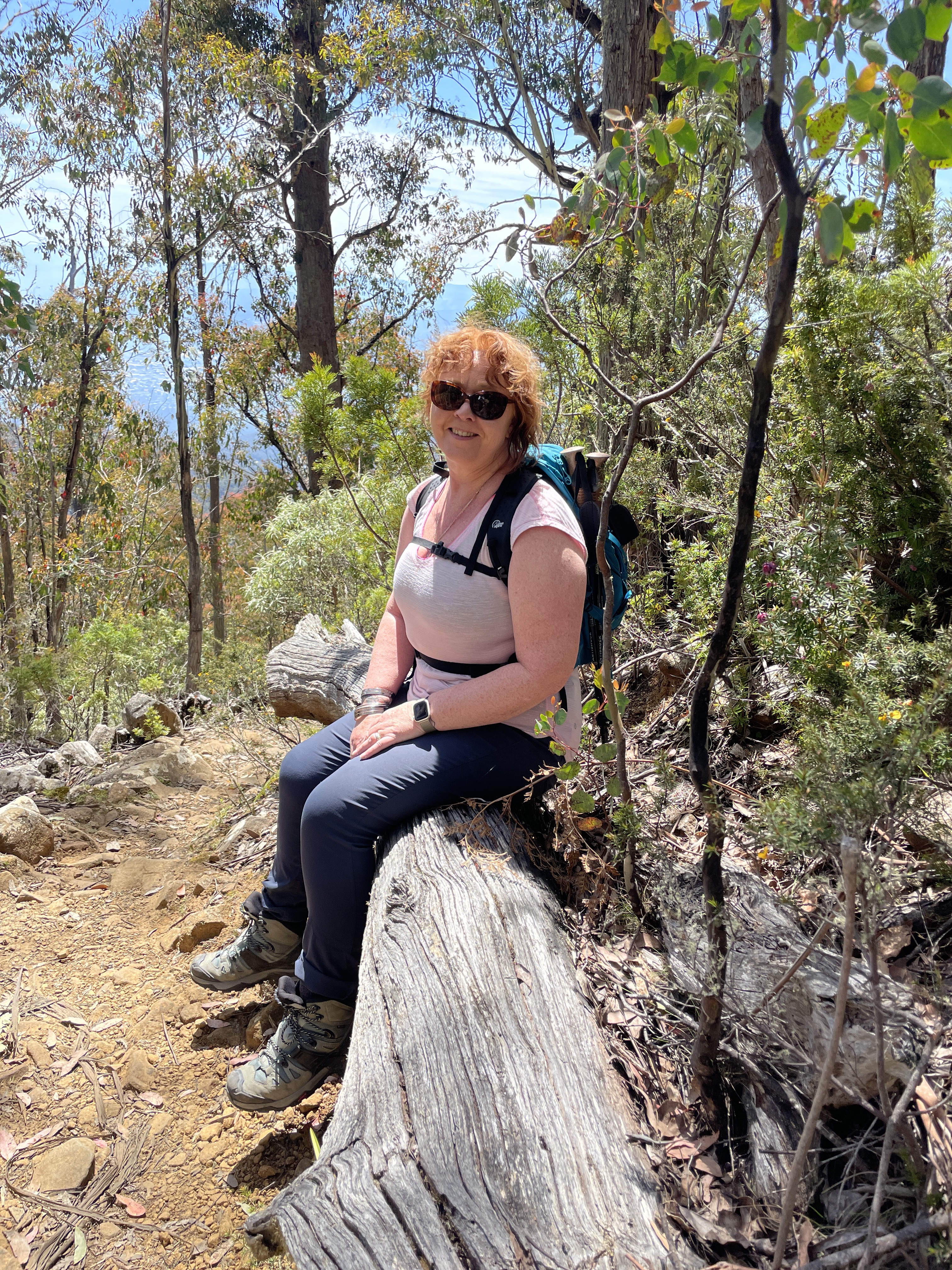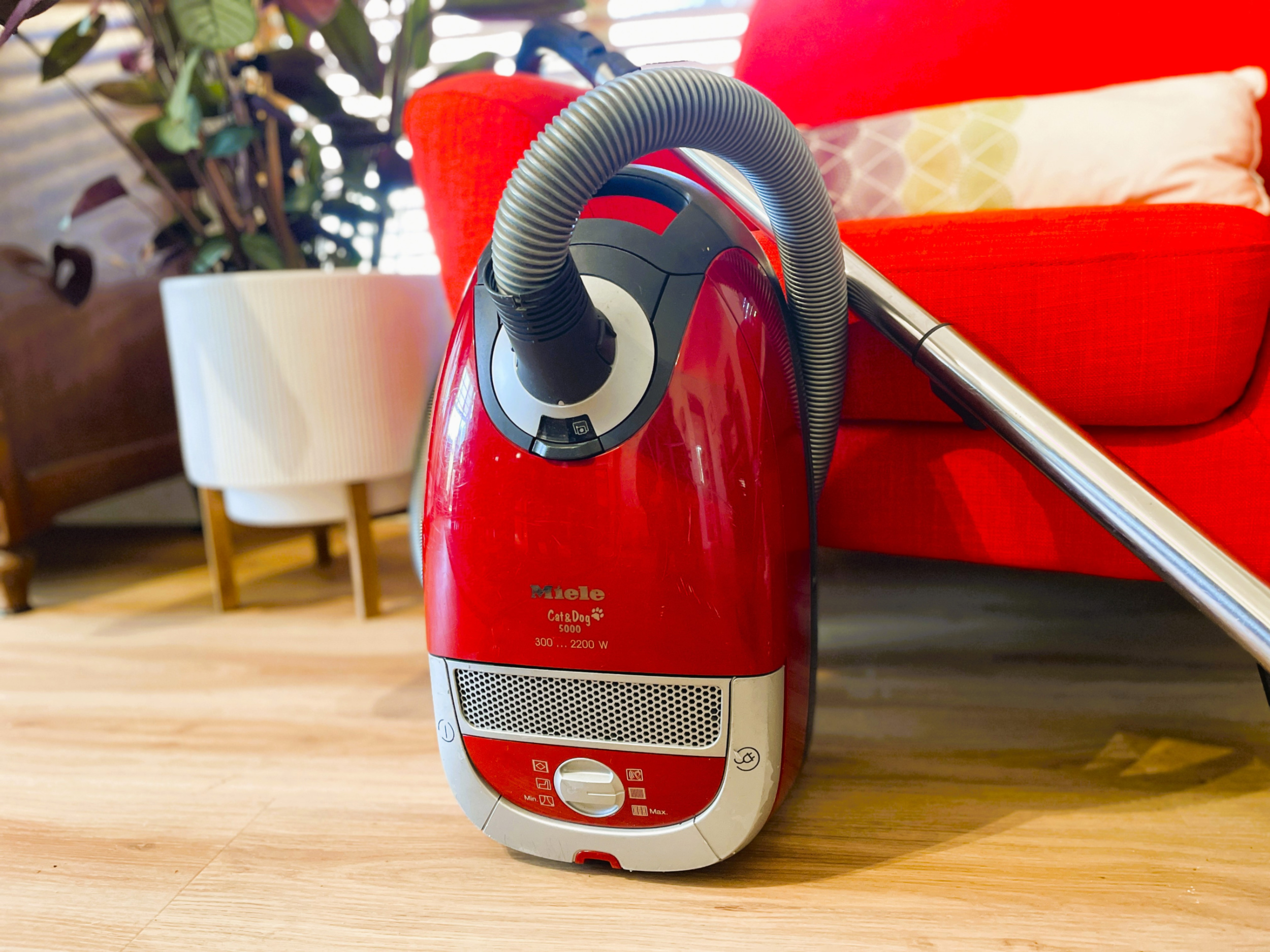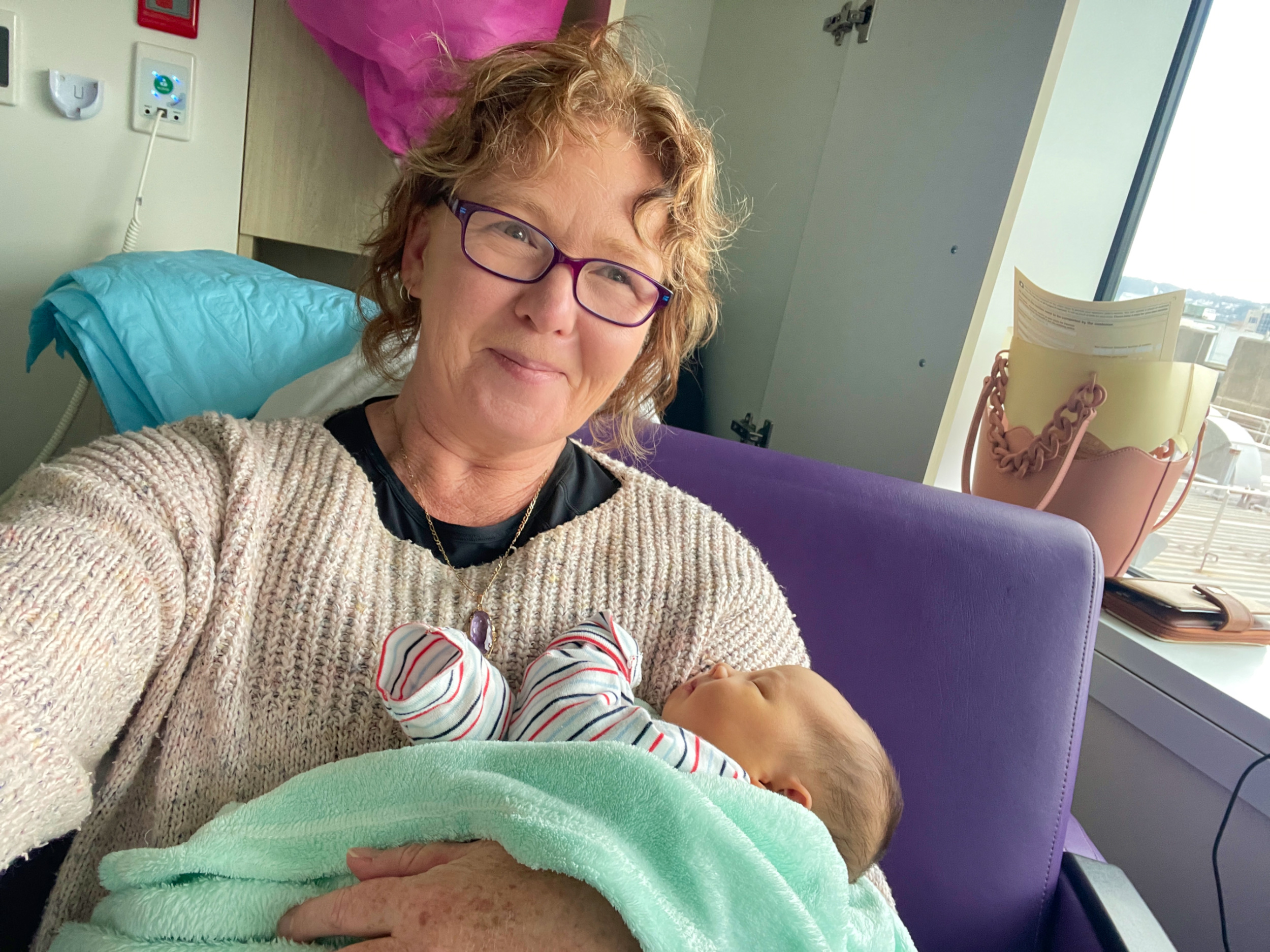I’M SORRY…
And a disappointment I remain.
Everyone is pissed I’m not eating. They’re tired of the merry-go-round. So am I to be perfectly honest. Since being unceremoniously told, I don’t like eating disorder patients (amongst other things), I plummeted back into full-on restriction. If it weren’t for the food being unceremoniously foisted upon me by my husband every evening, I wouldn’t eat at all. And I’d be very content with that situation.
I struggle to explain the how and why of the entire situation. I spent 52 miserable days in an eating disorder clinic at the start of 2018 – swearing never to return. I’ve been seeking the elusive recovery dragon for four years. I’ve been up and down, chased my tail, made improvements, relapsed, and now – here I am again. Back at the beginning. Pissed at me. Pissing everyone off. It’s like none of the past four years ever happened. A cloud of hopelessness descends and I feel defeated by the war.
The rest of my life cruises along like a big happy whale in calm emerald waters. I’m busy with all sorts of work projects. I finished the first draft of my memoir (a feat many consider to be a major accomplishment), and booked it in with a manuscript assessor this week. I supported a close friend to realise her dream of creating an amazing online fitness program for women – and we launched last week. I’ve been offered several different writing and editing jobs that will eventually bring in a little bit of extra cash but more importantly, keep me busy engaging my brain. I’m eternally blessed with lovely friends and family, and I live in a perfectly acceptable house that would be a lot more acceptable if I got off my butt and cleaned it. So all in all, my cloud of misery is of my own making and extracting myself from it will be of my own volition.
I can quite honestly say, I don’t know what to do.
Despite writing an entire memoir on the evolution of an eating disorder and all the recovery stuff learned along the way, I feel stuck. I go to church every Sunday and beseech God for answers. I search for spiritual release every day of my life. I attend DBT classes and do my homework. I listen to my friends and do everything they say. Except eat. The one thing I need to do feels like sculling paint thinner – not just ridiculously unpalatable, but potentially fatal.
The year is slipping by – I noticed Christmas delicacies appearing in my local supermarket this week. Which is just wrong on so many levels. Before long it will be New Years Day 2020 and I will be declaring good riddance to 2019 and hello to a whole new age of possibilities. And perhaps that will be true. I don’t know. My mood has been so low for so long that I’ve forgotten what it feels like to be optimistic about the future. Once upon a time I had no idea I was depressed and anxious.
Now I have no idea how to not be depressed and anxious.
As I dotted the i’s and crossed the t’s on the first draft of my memoir, I thought perhaps I was laying to rest the girl that was and becoming ready to embrace the girl that will be. But it seems I’m the girl in limbo who lost who she was and doesn’t know what comes next. In the meantime, the grocery bill has significantly decreased at the expense of my sanity and my husband’s peace of mind.
Part of me is confident the past 25 days will become a blip I reflect back upon as an insignificant glitch on the recovery road in years to come. Part of me is sure I’ll never want to eat again. All of me is quite sure the future is entirely in my own hands and the choices I make are mine and mine alone. Somehow – just somehow – I have to figure out where to go from here. To find a path that brings relief to those who love me and strength to my continued journey of recovery.

